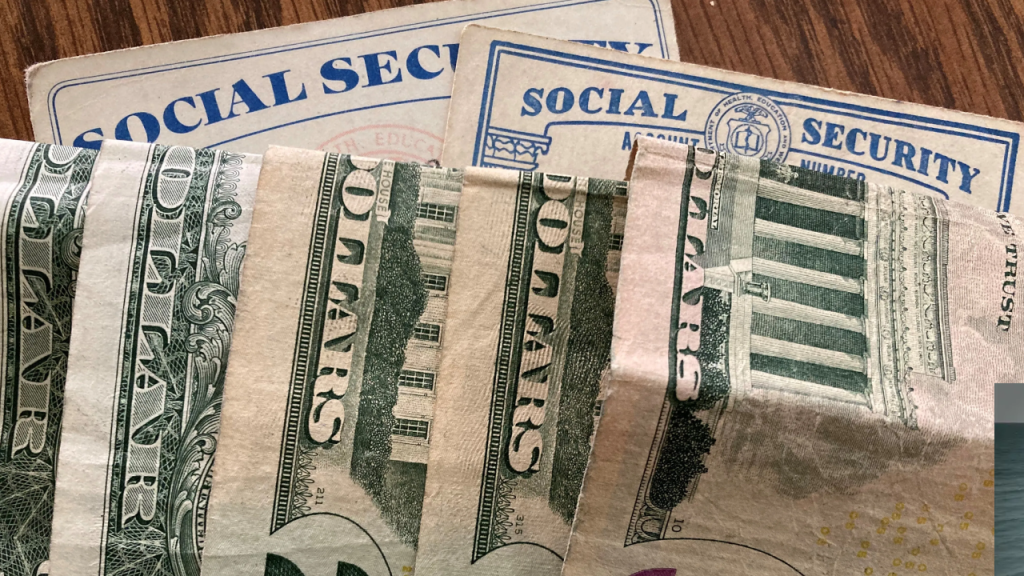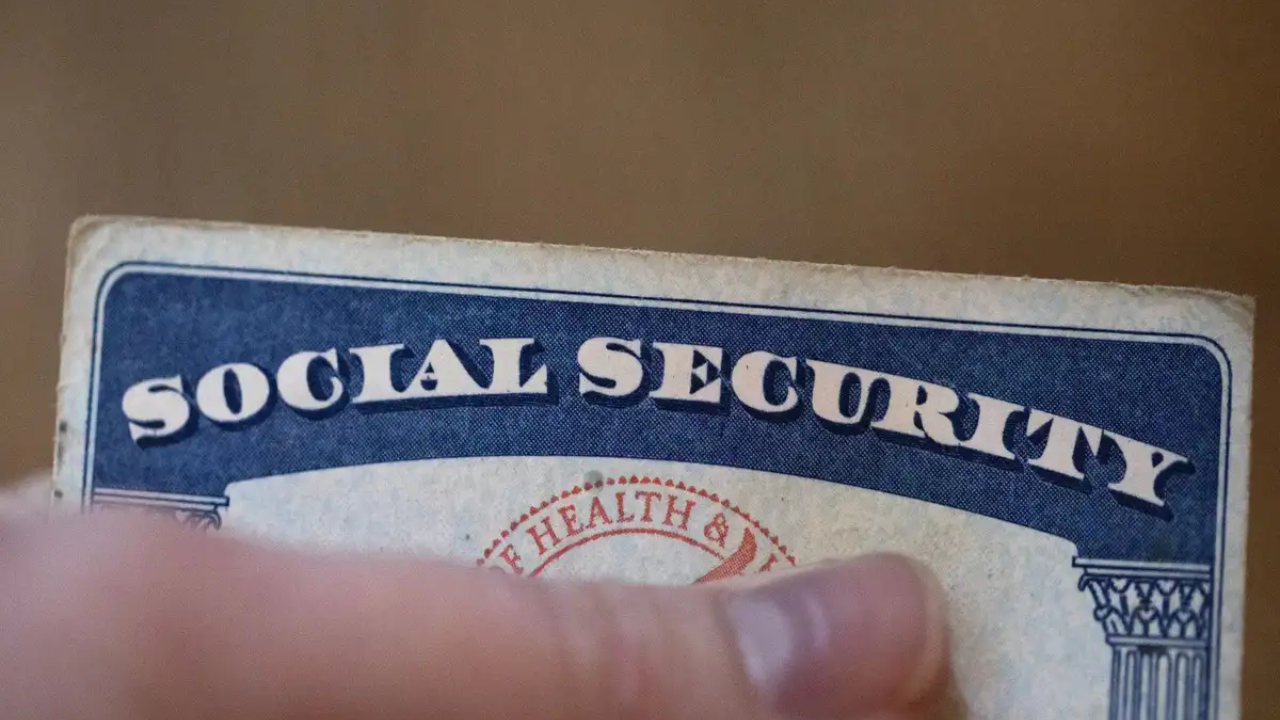If your Social Security check looks lighter than usual this month, you’re not alone. Thousands of Americans have reported receiving reduced payments, prompting concerns and confusion. Whether you’re newly retired or have been receiving benefits for years, it’s important to understand why this may be happening — and what you can do about it.
According to the Social Security Administration (SSA), several factors can cause a sudden dip in monthly benefits. In some cases, it may be a matter of timing, while others may involve debt recovery or changes in Medicare premiums. Here’s what you need to know.
1. Offset for Federal Debt
One of the most common reasons for reduced Social Security payments is garnishment due to federal debt. If you owe money to federal agencies—such as student loans, unpaid taxes, or other federal obligations—your benefits may be partially withheld to repay those debts.
In fact, nearly 450,000 older Americans could see their checks reduced in June 2025 due to these kinds of offsets. According to the Treasury Offset Program, this is legal under federal law and applies even to Social Security benefits. You should receive a notice from the Department of the Treasury if this affects you.
2. Early Retirement Penalty
If you began collecting Social Security benefits before reaching your full retirement age (which ranges from 66 to 67 depending on your birth year), you are receiving a reduced monthly benefit. This early retirement penalty can be as high as 30% of your full benefit amount if you started claiming at age 62.
This reduction is permanent and will continue to affect your payments unless you suspend benefits and resume them at a later age, which can slightly increase future payments. You can verify your benefit breakdown by logging into your my Social Security account.
3. Higher Medicare Premiums
Many beneficiaries are enrolled in Medicare, and premiums for Medicare Part B or Part D are typically deducted directly from monthly Social Security payments. If Medicare premiums go up — or if your income level pushes you into a higher premium bracket — your Social Security benefit may shrink accordingly.
This could happen due to the Income-Related Monthly Adjustment Amount (IRMAA), which applies to individuals earning over certain thresholds. You may not realize your income from two years prior affects your Medicare premiums now, but it does.
Check your Medicare premium levels by referring to your annual notice or visiting Medicare.gov.

4. Change in Tax Withholding
If you elected to have federal taxes withheld from your Social Security benefit, and your tax situation has changed, your withholding may have increased. This could result in a smaller direct deposit each month.
For example, if you had additional income from pensions, part-time work, or investments, your withholding rate might increase to reflect your higher overall tax liability. You can modify or cancel this withholding at any time by submitting Form W-4V to the SSA.
5. SSA Overpayment Recovery
The SSA sometimes overpays beneficiaries, and when it does, it is authorized to reduce future payments to recover the overpaid amount. If you received more than you were supposed to in previous months, your current checks may be reduced until the balance is recovered.
This could result from changes in reported income, living arrangements, or incorrect initial calculations. The SSA will typically send a formal notice with an explanation and repayment schedule. If the overpayment was not your fault or if repaying it would cause financial hardship, you may request a waiver or appeal the decision.
6. Living Arrangement Updates for SSI
For those receiving Supplemental Security Income (SSI), changes in your living situation can reduce your benefit. If someone else pays your rent, utilities, or groceries, your SSI payment may be reduced by up to one-third under the “in-kind support and maintenance” rule.
This rule is designed to reflect the reduced cost of living when someone else helps with basic expenses. If your living arrangement changed recently, you are required to report it to the SSA immediately to avoid overpayments or future reductions.
7. Payment Schedule Shift
Sometimes, the issue isn’t the amount — it’s the timing. If your regular payment date falls on a weekend or a federal holiday, your payment might be issued earlier in the month. This can cause confusion if you don’t receive a payment when you usually expect it.
For example, if you got your June payment at the end of May due to a holiday, it might appear like a missed check in June. Always check your payment schedule to confirm the exact deposit dates.
What You Should Do
- Log Into Your SSA Account
Visit ssa.gov/myaccount to review your payment history, benefit notices, and any changes that might explain a lower check. - Contact the SSA Directly
If you still have questions or believe your benefit was reduced in error, call the SSA at 1-800-772-1213 or visit your local office. - Appeal or Request a Waiver
If your check was reduced due to an overpayment or debt and you believe it’s a mistake or cannot afford the repayment, you have the right to appeal or request a waiver from the SSA. - Stay Updated on Policy Changes
Keep an eye on official notices and policy updates from the SSA. Rule changes regarding Medicare, taxes, or benefit calculations may impact your monthly income.


